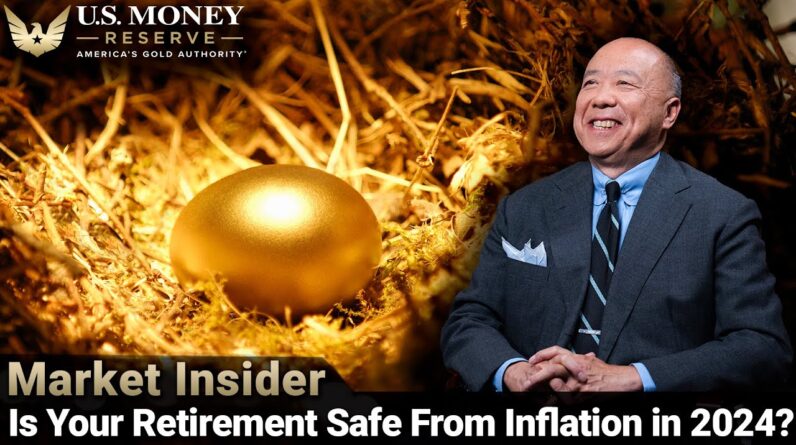Welcome to our blog post, where we delve into the fascinating topic of why the market will always stay up. Join us as we unveil the intriguing concept of the permanent rigging that lies behind it all. We are excited to shed light on this subject and share our insights with you. So, let’s dive in and explore the hidden forces that keep our market soaring.
Introduction
In this article, we will delve into the controversial topic of why the market will always stay up, unveiling the permanent rigging behind it. Although some argue that the market is manipulated to stay up indefinitely, others believe that the market collapse in a four-year cycle could lead to a global depression. We will explore both sides of the argument and offer our perspective on this intriguing topic.
The Market and Its Peaks
It is no secret that the market goes through various highs and lows over time. There are moments when it seems like nothing can stop the upward momentum, while others experience significant downturns. It is during the peak moments that we must exercise caution and be aware of the potential risks involved.
Market Manipulation or Natural Growth?
One of the primary points discussed when considering why the market will always stay up is the question of whether it is manipulated or experiences natural growth. Some argue that powerful entities in the market have the ability to control and manipulate prices, ensuring that they constantly rise. This theory suggests that even in times of economic uncertainty, the market will continue to climb.
The Historical Growth Trend
Another interesting aspect to consider is the historical growth trend of the market. Research has shown that after reaching all-time highs, the market tends to increase by an average of 12%. This consistency in growth provides a strong argument for the market’s ability to stay up. However, it is crucial to analyze the factors driving this growth and whether there are underlying forces at play.
The Fear of a Market Collapse
Despite the market’s historical growth, there is always a concern that a collapse may occur, leading to severe consequences such as a global depression. Some argue that the market is caught in a four-year cycle, where a collapse is inevitable. However, others believe that those in power would not allow such a catastrophic event to happen, as it would have dire consequences for the overall economy.
Unveiling the Permanent Rigging
When we explore the idea that the market is permanently rigged to stay up, we need to examine the motivations behind such actions. Those in power, including government institutions and influential corporations, have a vested interest in maintaining a stable and prosperous market. A collapse would disrupt the system, causing widespread panic and financial turmoil. Hence, it is unlikely that those with authority would allow such a collapse to occur.
Conclusion
In conclusion, the topic of why the market will always stay up is a complex and debated issue. There are arguments on both sides, with some suggesting that the market is manipulated to stay up indefinitely, while others believe that a collapse in a four-year cycle could lead to a global depression. However, considering the historical growth trends, the motivations of those in power, and the potential consequences, it is unlikely that the market will experience a permanent collapse. It is essential to exercise caution and stay informed, but also to have faith in the resilience and stability of the market.










